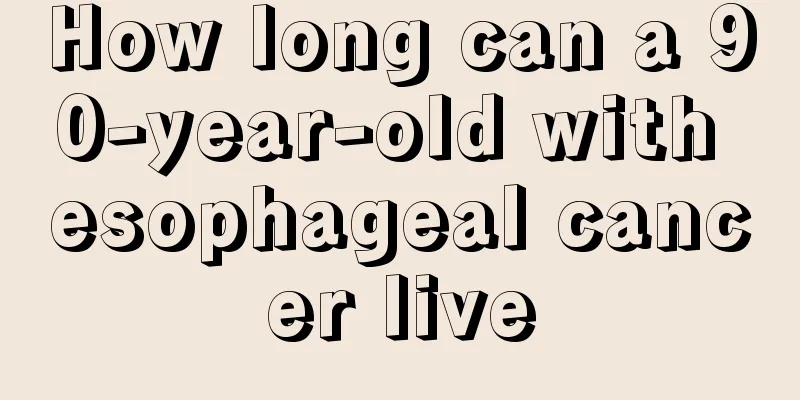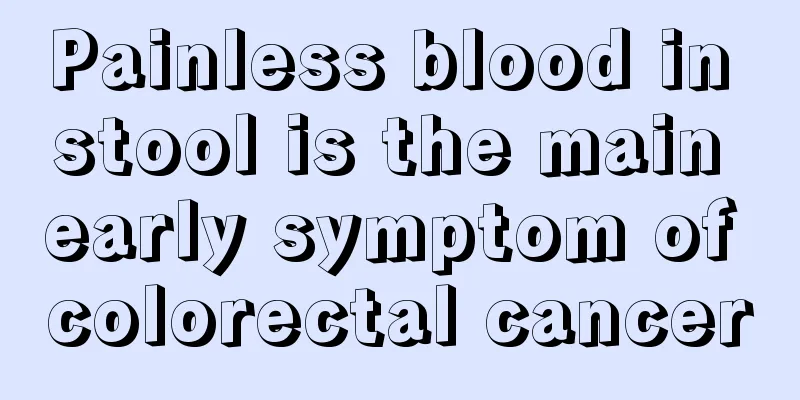How long can a 90-year-old with esophageal cancer live

|
How long a 90-year-old esophageal cancer patient can live depends on many factors, including the stage of cancer, the patient's physical condition, and treatment methods. Patients with early-stage cancer may survive for several years with effective treatment, while patients with advanced stages may have a shorter survival time. It is recommended to actively communicate with doctors to evaluate the specific situation and develop a suitable treatment plan. 1. Factors affecting survival time How long a patient can live is closely related to the stage of the disease. Early esophageal cancer is confined to the esophagus lining and is more effectively treated, while mid- to late-stage cancer may have spread locally or metastasized to distant sites. The patient's overall health, including cardiopulmonary function and immunity, also directly affects prognosis. For 90-year-old patients, due to their weaker physical function and lower tolerance to treatment, a comprehensive assessment is needed to determine the treatment strategy. 2. Treatment methods and effects 1. Surgical treatment: Early-stage patients can choose surgical removal of the tumor, but whether a 90-year-old patient is suitable for surgery requires comprehensive evaluation. 2Radiotherapy: For patients who cannot undergo surgery or those with advanced disease, it helps control tumor progression and relieve symptoms. 3. Chemotherapy or targeted therapy: used for advanced treatment, the decision to proceed is based on the patient's physical condition, while monitoring side effects. Early scientific treatment may significantly prolong survival time, but in the middle and late stages, the goal is more to relieve symptoms and improve quality of life. 3. The auxiliary role of diet and nursing Nursing care for elderly patients is crucial. Ensuring nutritional intake is helpful for maintaining physical strength and supporting treatment. Soft, high-calorie, and easily digestible foods can be selected. Pay attention to preventing complications such as aspiration or infection. It is recommended that family members observe the patient's condition at any time and communicate with the medical team. 4. The importance of mental state The fear and anxiety of 90-year-old patients about the end of life need to be relieved in time. Family members' care, companionship and respect for the wishes of the elderly can bring spiritual comfort to the patients and help them maintain an optimistic attitude. For elderly patients with esophageal cancer, paying attention to their physical condition, choosing scientific treatment methods and strengthening care are the keys to prolonging life and improving the quality of life. If you or your family are facing similar situations, please contact medical professionals as soon as possible to get help. |
<<: Prostate cancer life expectancy
>>: Early symptoms of brain glioma
Recommend
How many lungs does a person have
Many organs in our human body are symmetrical, li...
What should I do if my feet sweat when wearing shoes
Whenever you walk, run, or even when you are nerv...
Can nasopharyngeal cancer be transmitted through blood?
According to expert statistics, the proportion of...
The efficacy and function of ground rats
Ground rats have the effects of clearing away hea...
To bake sweet potatoes, you need to master the oven temperature and time
When eating baked sweet potatoes for the first ti...
How to remove black vertical lines on fingernails
Black vertical lines often grow on fingers. Black...
What is the best way to clean the refrigerator
Refrigerators play a very important role in our l...
Pain where your waist and buttocks meet?
Modern people are usually under a lot of pressure...
How many days does it take for the swelling of a fracture to subside
Generally speaking, fractures cause great damage ...
Cystostomy tube replacement
If you have some serious bladder diseases, and ev...
What are the treatments for cervical cancer
What are the treatments for cervical cancer? 1. L...
What are the causes of ascites associated with ovarian cancer
Ovarian cancer patients often suffer from ascites...
What are the risks of rectal cancer surgery?
The risk of rectal cancer surgery needs to be jud...
How to care for sebaceous cyst after surgery
Sebaceous cyst is a more formal name, and no one ...
Is laundry detergent harmful to the body?
When washing clothes, if you use water alone, the...









